Brenna Matendere
The National Association of Non-Governmental Organisations (NANGO) has warned that plans to monitor non-governmental operations in Harare and other parts of the country could negatively affect vulnerable citizens who have been benefiting from humanitarian assistance.
At a recent media conference, Patrick Chinamasa, the ruling Zanu PF acting national commissar, accused non-governmental organisations (NGOs) and civil society of receiving western assistance to effect regime, and threatened them with deregistration.
The Harare Provincial Development Coordinator (PDC), Tafadzwa Muguti, subsequently issued a statement ordering NGOs to submit their operational details—including annual work plans and activities—to his office.
His colleagues in Masvingo, Manicaland and Matabeleland North issued similar statements.
However in a statement dated 7 July 2021, NANGO warned against the pronouncements and expressed fear that vulnerable populations might suffer if government throttled NGOs and civil society.
“The current development, if not managed well, may have a huge implication on the welfare of vulnerable communities and (lead to) reversal of the gains in health, resilience, education, social protection and effective participation of the public in democratic processes.
“It is in this regard that NANGO, and broader civil society organisations, notes with great concern the sentiments and issuance of administrative procedures by government departments and politicians targeted at NGOs,” noted NANGO.
The umbrella body urged constructive dialogue between government and NGOs.
“We understand that government should assist in facilitating development through the creation and enactment of enabling policies and legislation. We look forward to a dialogue that can resolve the issues amicably,” said NANGO.
Ahead of the 2008 elections, Zanu PF announced a blanket ban on NGOs and ordered them to re-register. The government, then led by the late Robert Mugabe, accused the NGOs of aiding opposition campaigns.
This made it difficult for the international community and local humanitarian organisations to provide food aid to citizens who were affected by a severe drought.
In 2012, the then Masvingo governor, Titus Maluleke, suspended the operations of 29 NGOs in the province, accusing them of ignoring demands to renew their annual registration with his office.
NANGO said cooperation between the government and NGOs was critical to improve livelihoods and the economy.
“There is a need to build trust and cooperation between the government and CSOs as both work to enhance the lives of the general public and position the country in a trajectory of positive growth and development,” said NANGO.
“We also urge the government and political parties to be more hospitable to NGOs as they are working towards the economic, social, civil and governance development of our beloved country, towards Zimbabwe we want,” it added.
Non-state entities are not flustered by the demand to submit their institutional and operational details to the PDCs’ offices.
On 7 July 2021, 10 CSOs operating in the capital wrote to Muguti, arguing that he had no legal basis to control their operations, so they would not submit the information he ordered through a statement.
The organisations include Crisis in Zimbabwe Coalition, Zimbabwe Human Rights NGO Forum, National Association of Youth Organisations, Women’s Coalition of Zimbabwe, Media Alliance of Zimbabwe, Zimbabwe Congress of Trade Unions, Zimbabwe Election Support Network, National Transitional Justice Working Group, Zimbabwe National Council for the Welfare of Children and the Zimbabwe National Students Union.
“In the event that you decide to act upon your illegal letter… appropriate legal steps will be undertaken to protect ourselves,” the CSOs told Muguti.


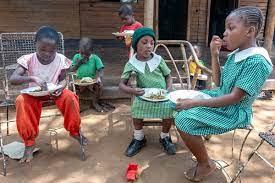
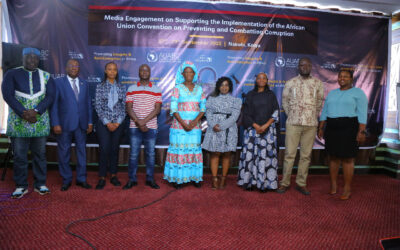

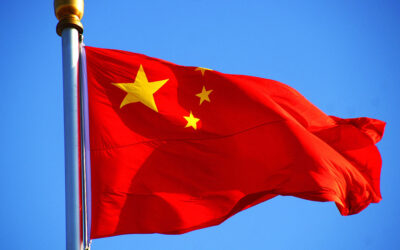

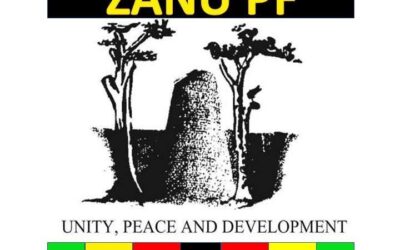
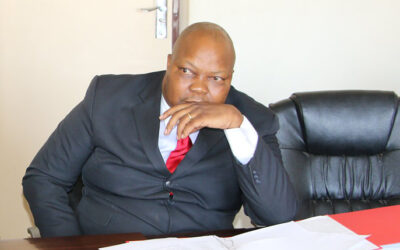
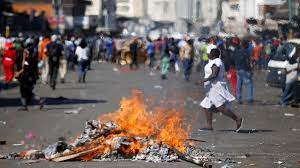
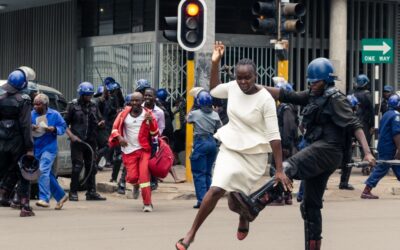
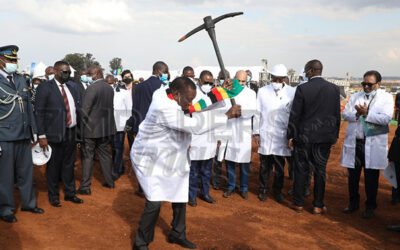
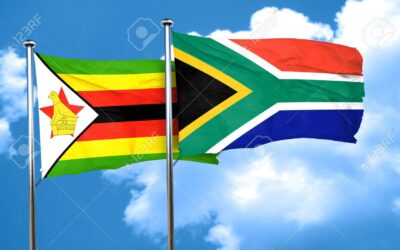
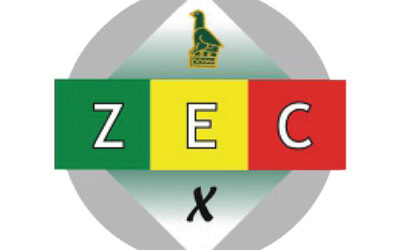

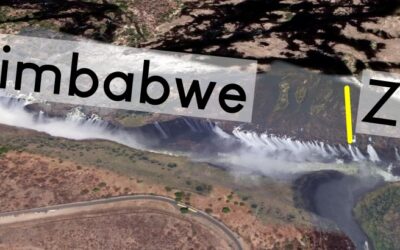

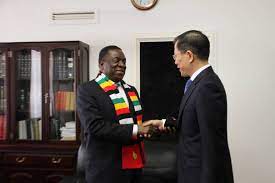

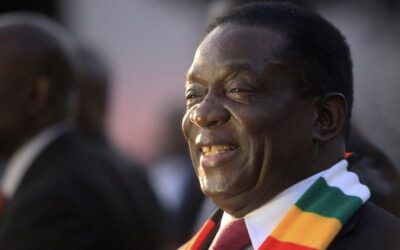
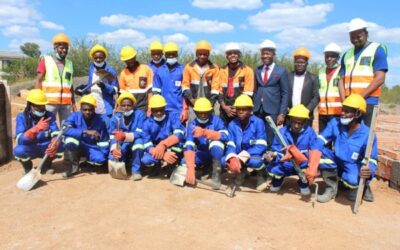
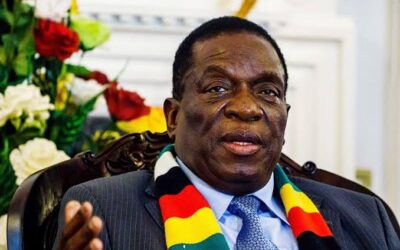
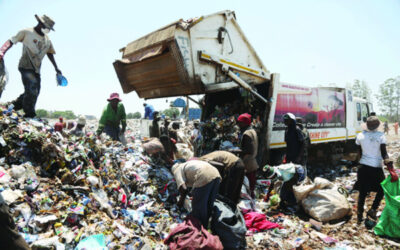
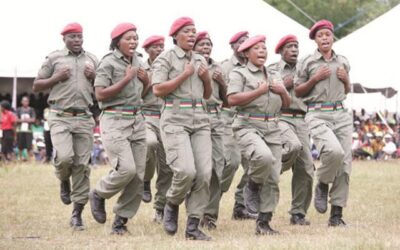


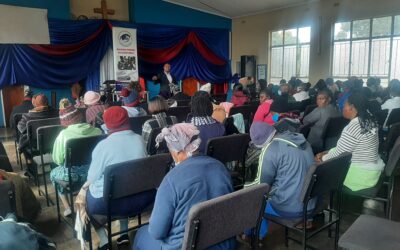
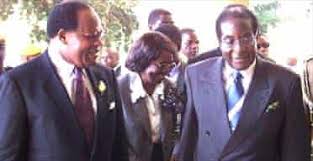

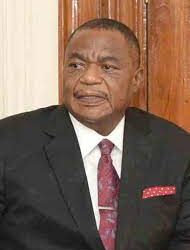
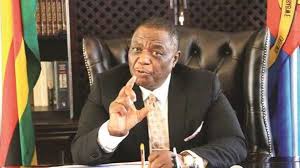

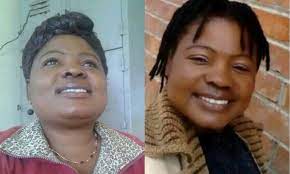






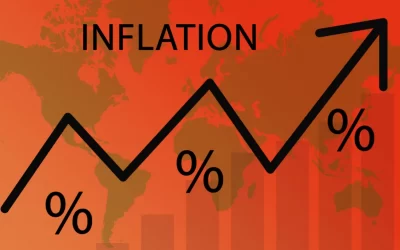
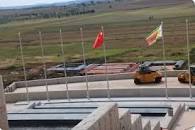
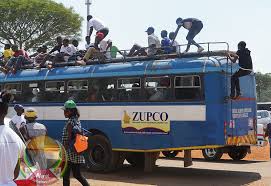
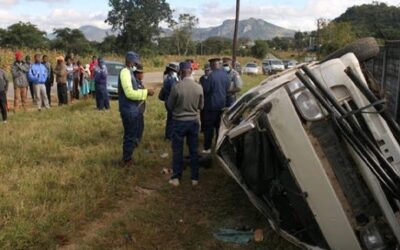
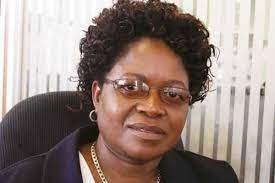

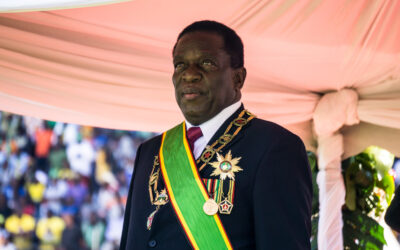
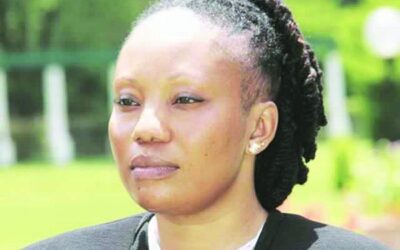
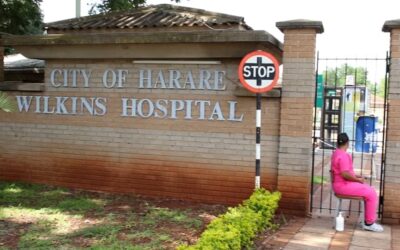

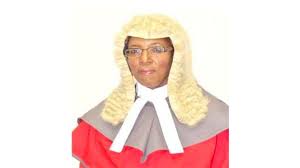

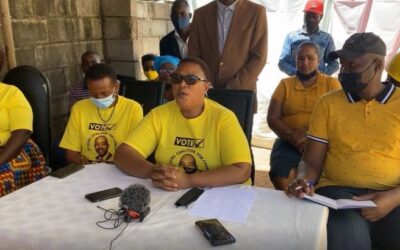



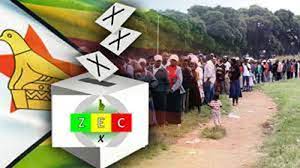
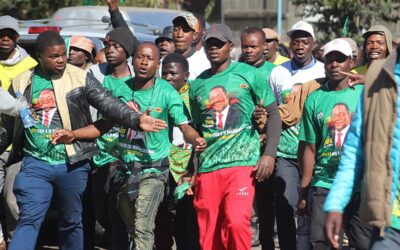

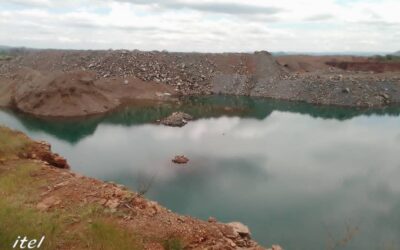
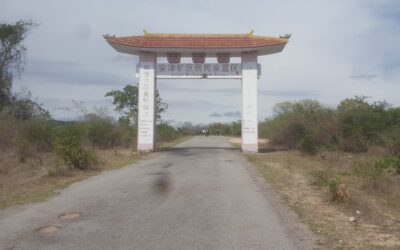
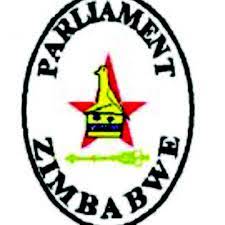
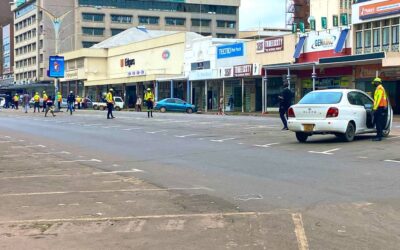
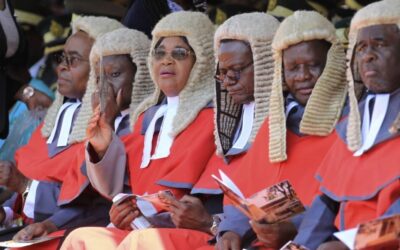

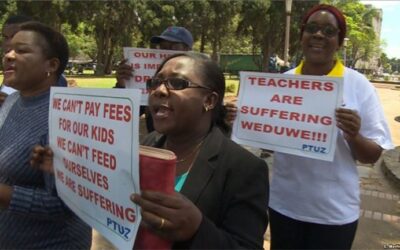
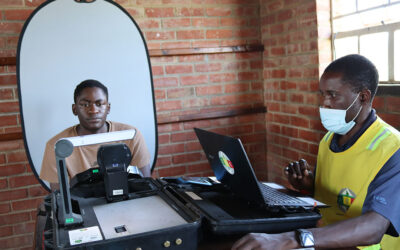
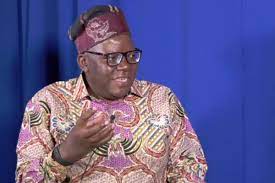
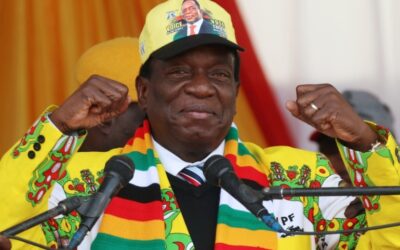
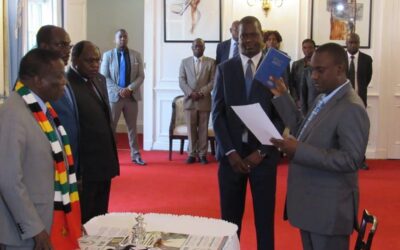

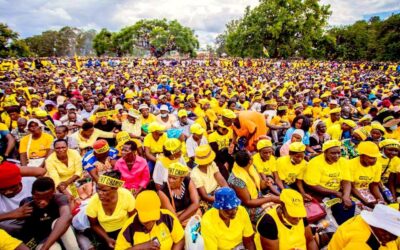
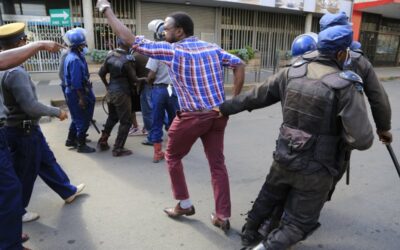
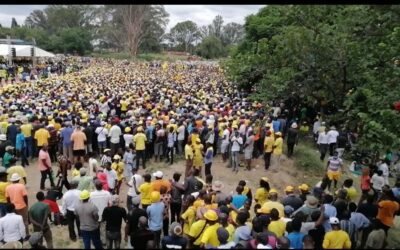
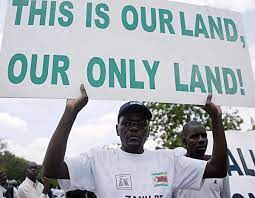
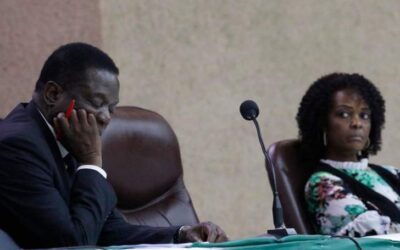
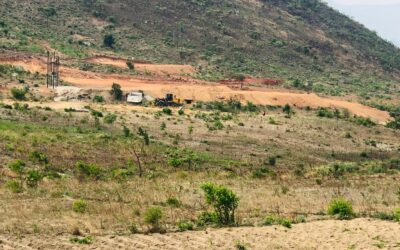
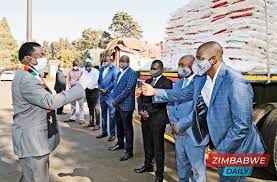

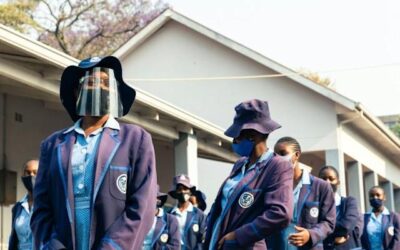
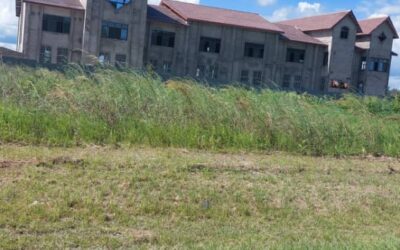
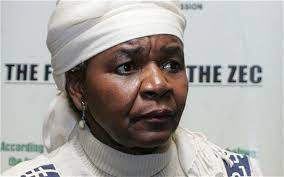
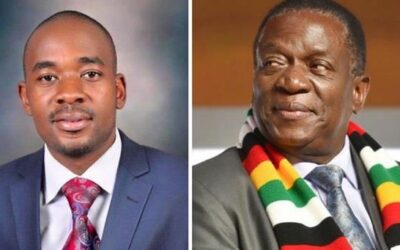
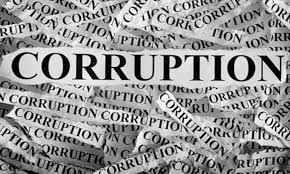
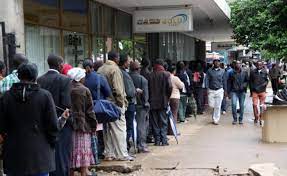
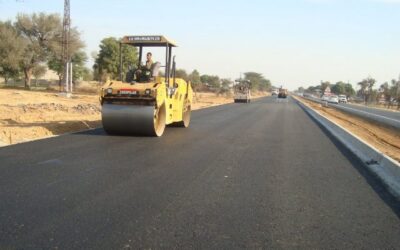
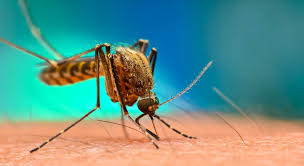



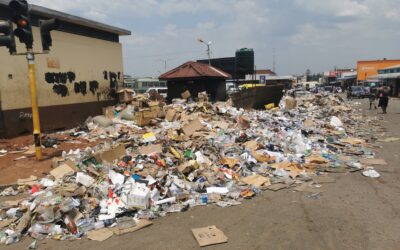
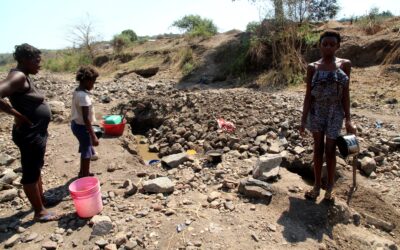

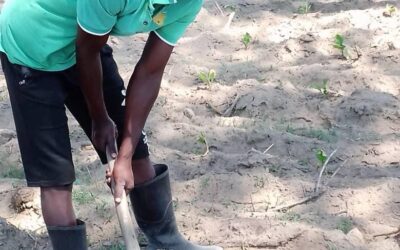



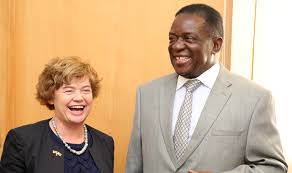
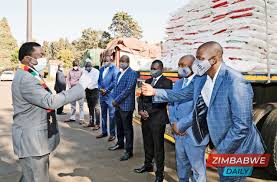
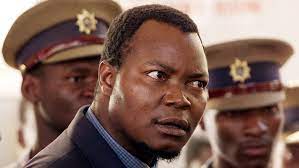

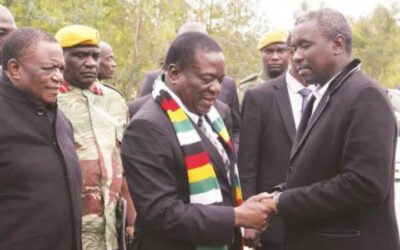
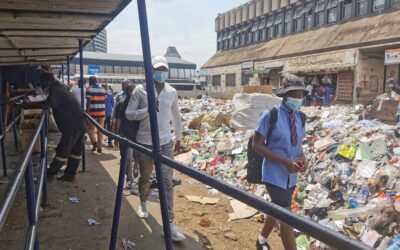
0 Comments